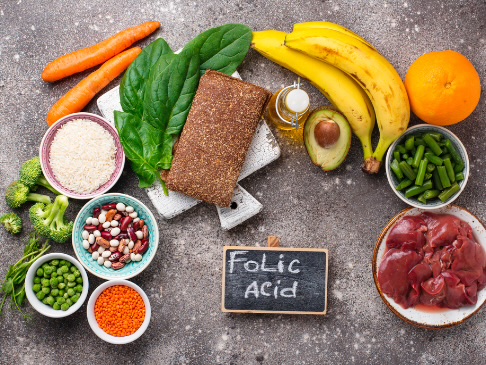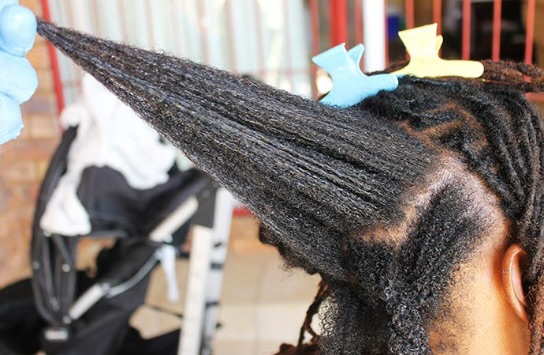Folic acid, a synthetic form of vitamin B9 (folate), has gained popularity in the hair care community as a potential aid for hair growth.
Many believe that supplementing with folic acid can lead to thicker, faster-growing hair.
But how much of this is fact, and how much is myth? Let’s break it down.
What is folic acid?
Folic acid is the man-made version of folate, a water-soluble B vitamin essential for DNA synthesis, cell division, and tissue repair. It plays a vital role in the production of red blood cells and supports healthy cell function, including the cells responsible for hair follicle growth.
The science behind folic acid and hair growth
Hair growth occurs in cycles, with the anagen phase being the active growth stage. Nutrient deficiencies, including folate deficiency, can disrupt this phase and lead to hair thinning or slow growth. Folic acid contributes to hair health by:
• Cell regeneration: Promotes healthy cell turnover, essential for hair follicle activity.
• Red blood cell production: Improves oxygen delivery to hair follicles, encouraging growth.
• Amino acid metabolism: Supports keratin production, the protein that makes up hair strands.
Myth 1: Folic acid alone can prevent hair loss
Fact: While folic acid plays a role in overall hair health, it is not a standalone solution for hair loss. Hair growth relies on a combination of nutrients, including biotin, iron, and vitamins D and E. Genetic factors, hormonal imbalances, and medical conditions like alopecia areata can also influence hair loss.
Myth 2: More folic acid means faster hair growth
Fact: Excessive folic acid supplementation does not accelerate hair growth beyond normal rates. The body uses what it needs and excretes the rest. Consuming extremely high doses can even mask vitamin B12 deficiencies, leading to other health issues.
Myth 3: Folic acid supplements work instantly
Fact: Hair growth is a gradual process. It can take several weeks to months of consistent nutrition, including folic acid intake, to see noticeable changes. Consuming a balanced diet with folate-rich foods like leafy greens, beans, eggs, and citrus fruits is often more effective than relying on supplements alone.
Conclusion
Folic acid can support healthy hair growth when part of a well-rounded diet. However, it is not a miracle cure for hair loss. The best approach is balanced nutrition, proper hair care, and consulting a healthcare professional for persistent hair concerns.




